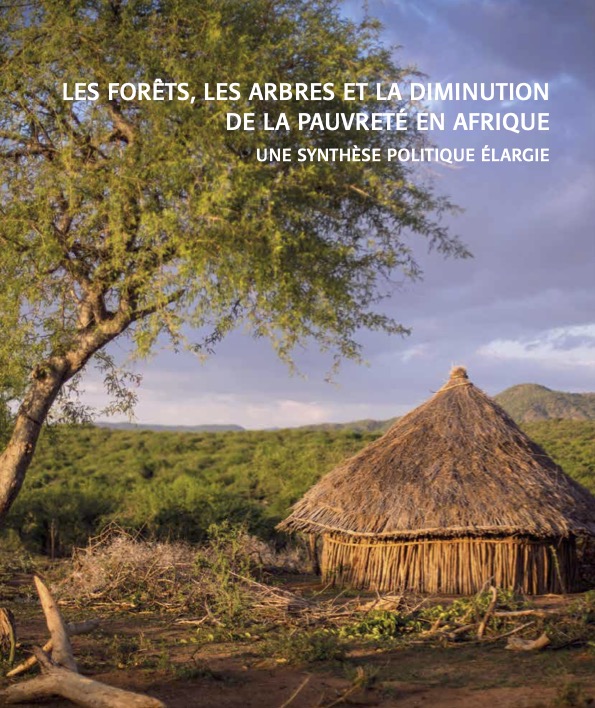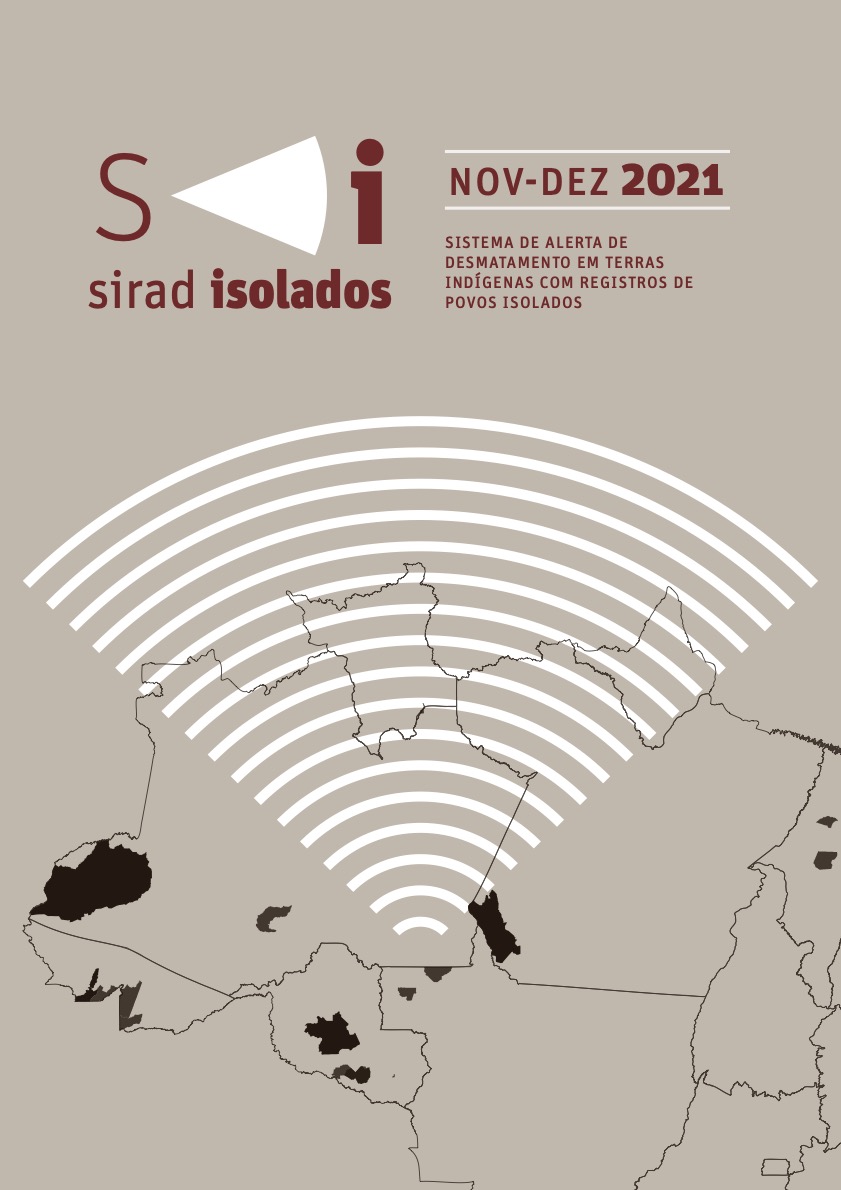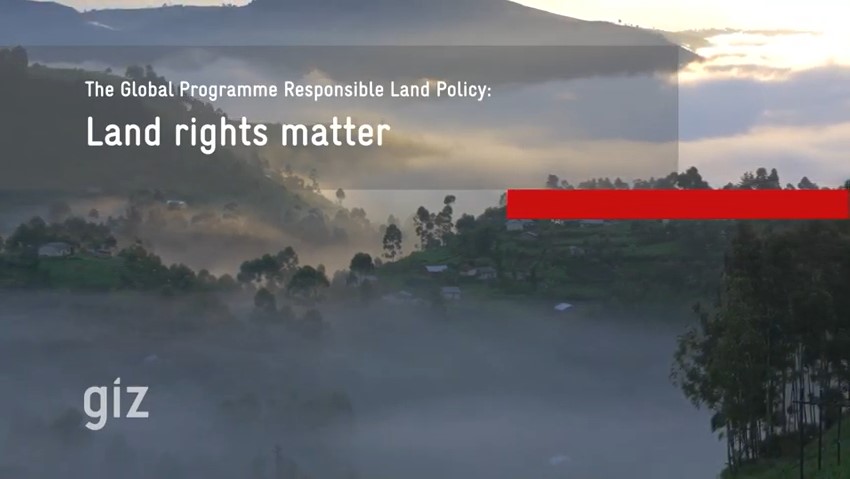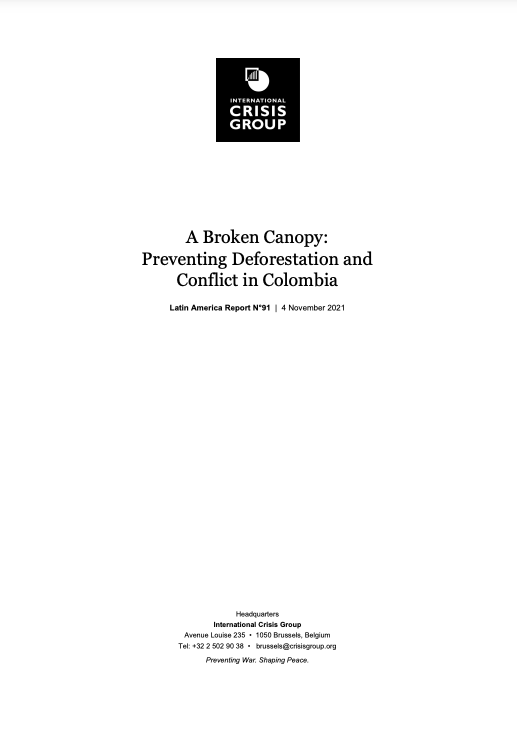Carbon footprints of forest degradation and deforestation by “Basic-Needs Populationsâ€: A review
Forest conversion caused by subsistence or “basic needs populations†is difficult to track and measure. As the dynamics of these populations change over time, their carbon footprint impacts on natural resources also change. To reduce their potential negative impacts on forest resources, it is critical to understand what underlying causes influence their livelihoods practices. A systematic review was conducted to search for common basic needs livelihoods that result in forest loss and degradation, and thus in carbon footprint changes.





